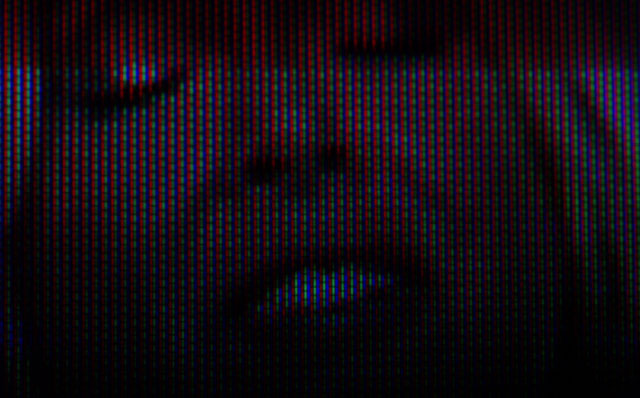
StarSat, the pay-television platform known until recently as TopTV, is facing another potential hurdle over its three subscription-based pornographic channels.
An organisation calling itself Cause for Justice has filed papers at the high court in Pretoria asking for a review of a decision by the Independent Communications Authority of South Africa (Icasa) to allow StarSat, which is owned by On Digital Media, to offer the three channels.
In April, Icasa gave On Digital Media the go-ahead to broadcast Playboy TV, Desire TV and Private Space between 8pm and 5am daily. It was a reversal of a 2012 decision by the regulatory authority.
Cause for Justice calls itself a “non-profit human rights organisation” with a primary objective of standing against the “abuse and/or misappropriation of constitutional rights and freedoms, especially where it occurs at the expense of constitutionally protected persons or groups, or offends against the public interest”.
The organisation says that in spite of “overwhelming public opposition” to On Digital Media’s application to broadcast the channels, the authority went ahead and gave it the nod anyway.
“As a state institution having its origins in the constitution, any decision of Icasa may be scrutinised by the courts. We have accordingly issued a court application in the north Gauteng high court requesting the court to review and set aside Icasa’s decision to authorise pornographic channels on South African television.”
Cause for Justice says it has served the application on Icasa, On Digital Media, Icasa chairman Stephen Mncube, On Digital Media business rescue practitioner Peter van den Steen and communications minister Yunus Carrim.
It says Icasa’s decision should be set aside because the authority took “irrelevant considerations” into account while ignoring “relevant” ones. It also argues that Icasa committed reviewable errors of law and did not follow a fair administrative process. In addition, the conclusions that Icasa reached were not “rationally connected to the reasons given” or to the information before it.
“Cause for Justice is bringing this application out of an honest and sincere concern for the people of South Africa and we are accordingly acting in the public interest,” it says. “Our application is based on scientifically researched evidence, which shows a conclusive link between exposure to pornography and harm to society. We submit that the risk of harm to society from allowing pornography to be broadcast in South Africa, even in a subscription service environment, far outweighs the potential benefit to be gained by the members of our society from having free access thereto on their television screens.”
It claims that Icasa “failed to get to grips with and deal with four vital issues regarding pornography”. It says these are:
- Pornography is psychologically harmful to children. “Although Icasa’s authorisation makes provision to protect children from viewing pornographic channels with a Pin mechanism, we submit in our court application that this mechanism does not ensure adequate protection,” it says.
- Pornography is addictive. “It is a form of sex addiction. It is inseparable from and linked to other forms of sex addiction.”
- Pornography “incites some men, those who are prone to such things, to commit violence and rape”.
- Exposure to so-called “soft” porn “creates a desire for viewing progressively more sexually explicit material. In the process pornography desensitises people to rape and gender violence and damages or destroys healthy loving relationships.”
Cause for Justice’s lawsuit follows a similar application made by Justice Alliance of South Africa (Jasa) in the Western Cape high court in November.
Jasa director John Smyth QC was quoted at the time as saying that Icasa “erred in law in failing to find that the constitutional rights of children were laws of general application which should have trumped the rights of TopTV to freedom of expression”.
“We contend that fixing a watershed time of 8pm flies in the face of common sense, bearing in mind that most teenage children finish their homework at about 8pm and then watch TV for an hour or two before bedtime,” Smyth said. — (c) 2013 NewsCentral Media




